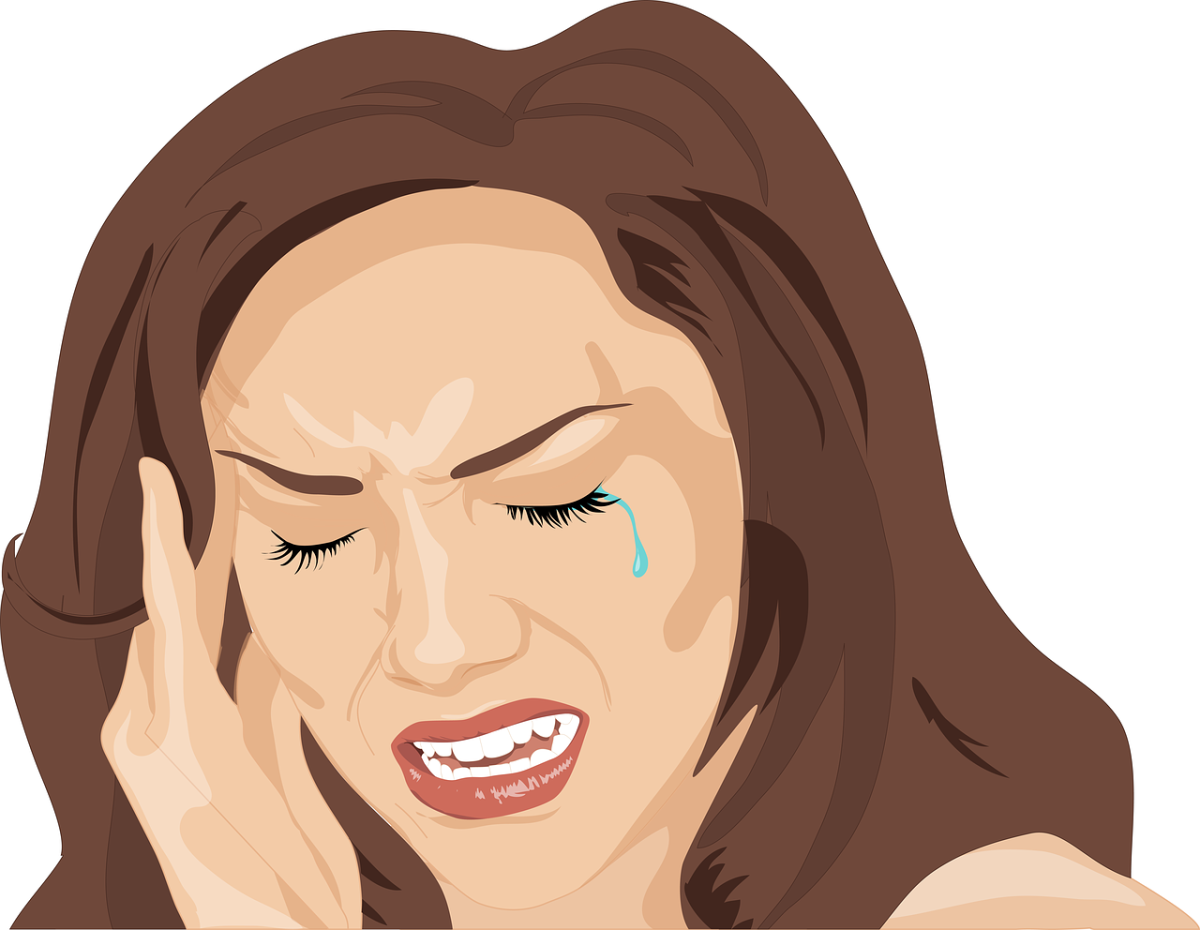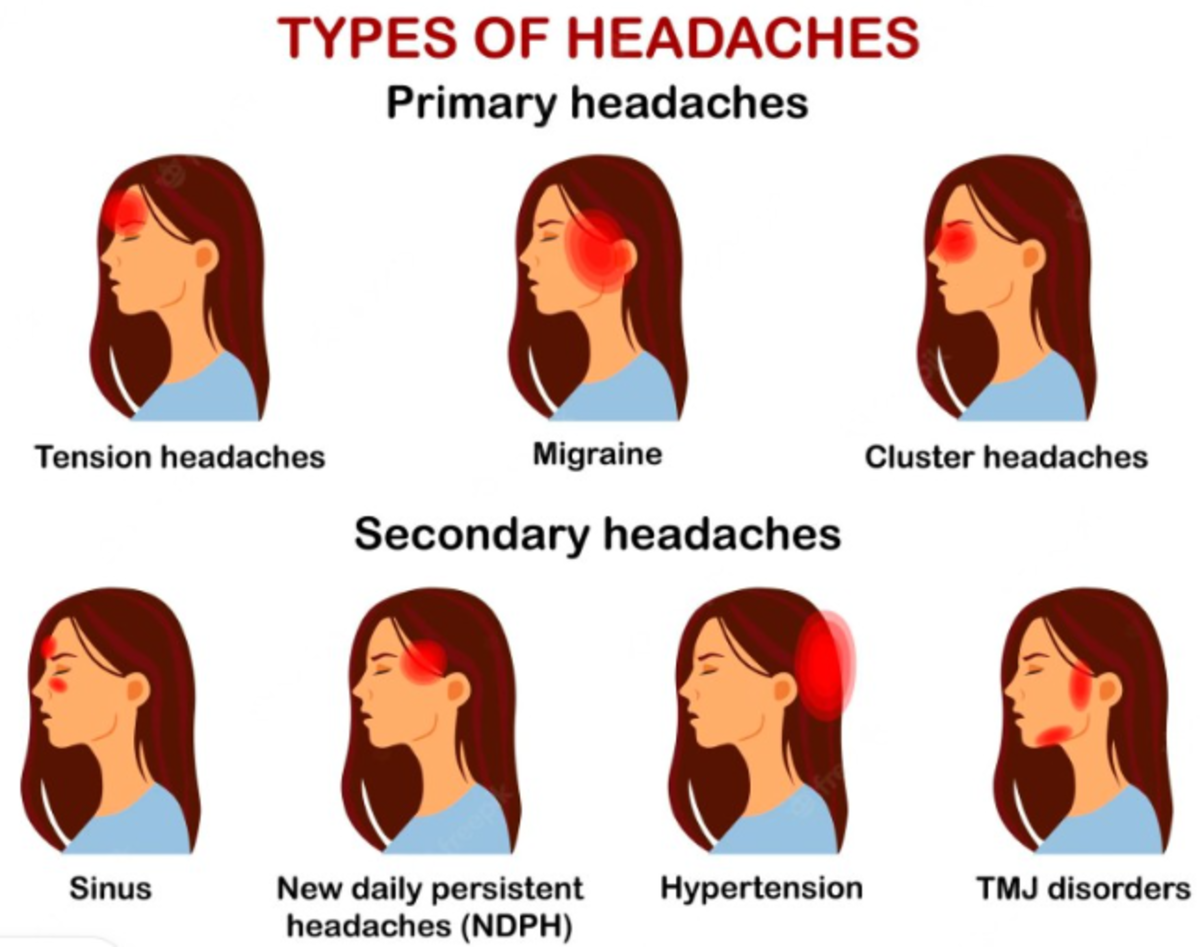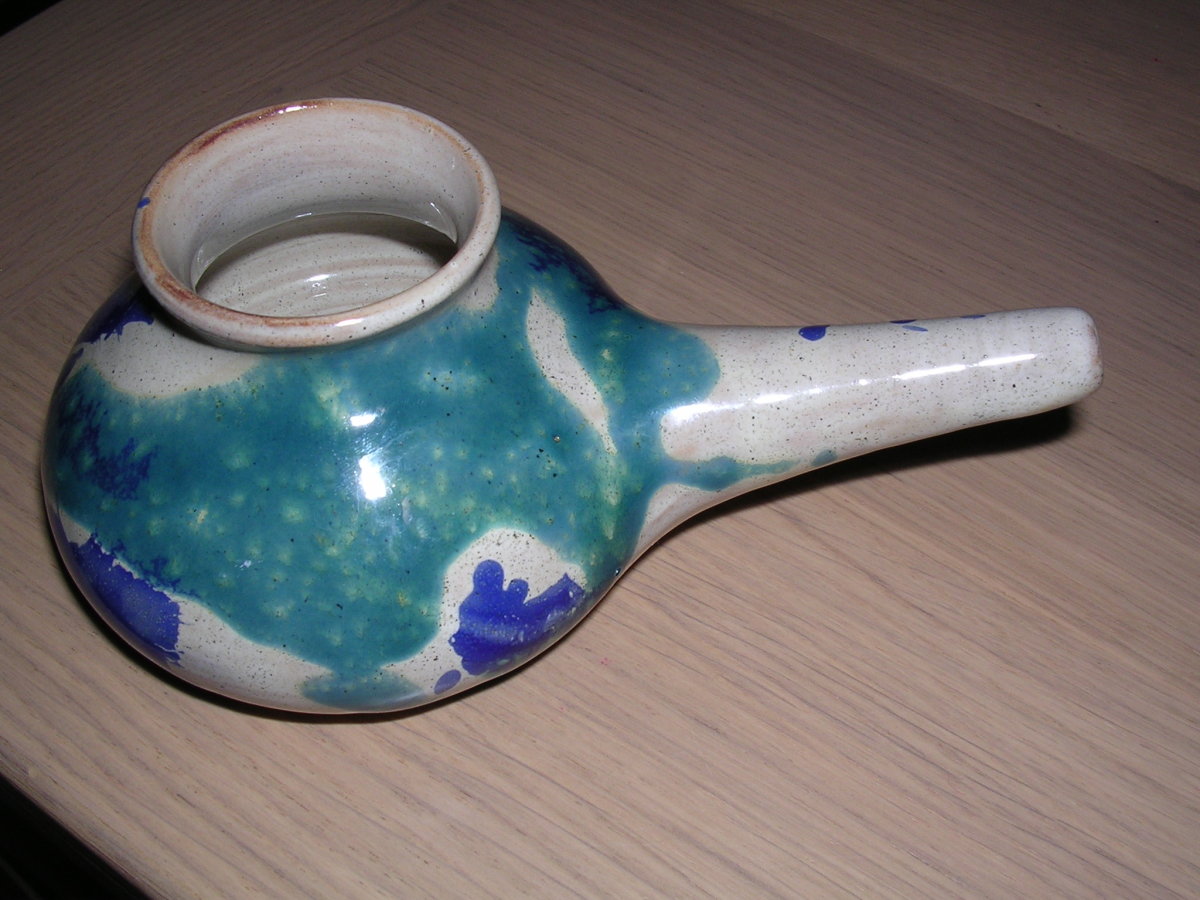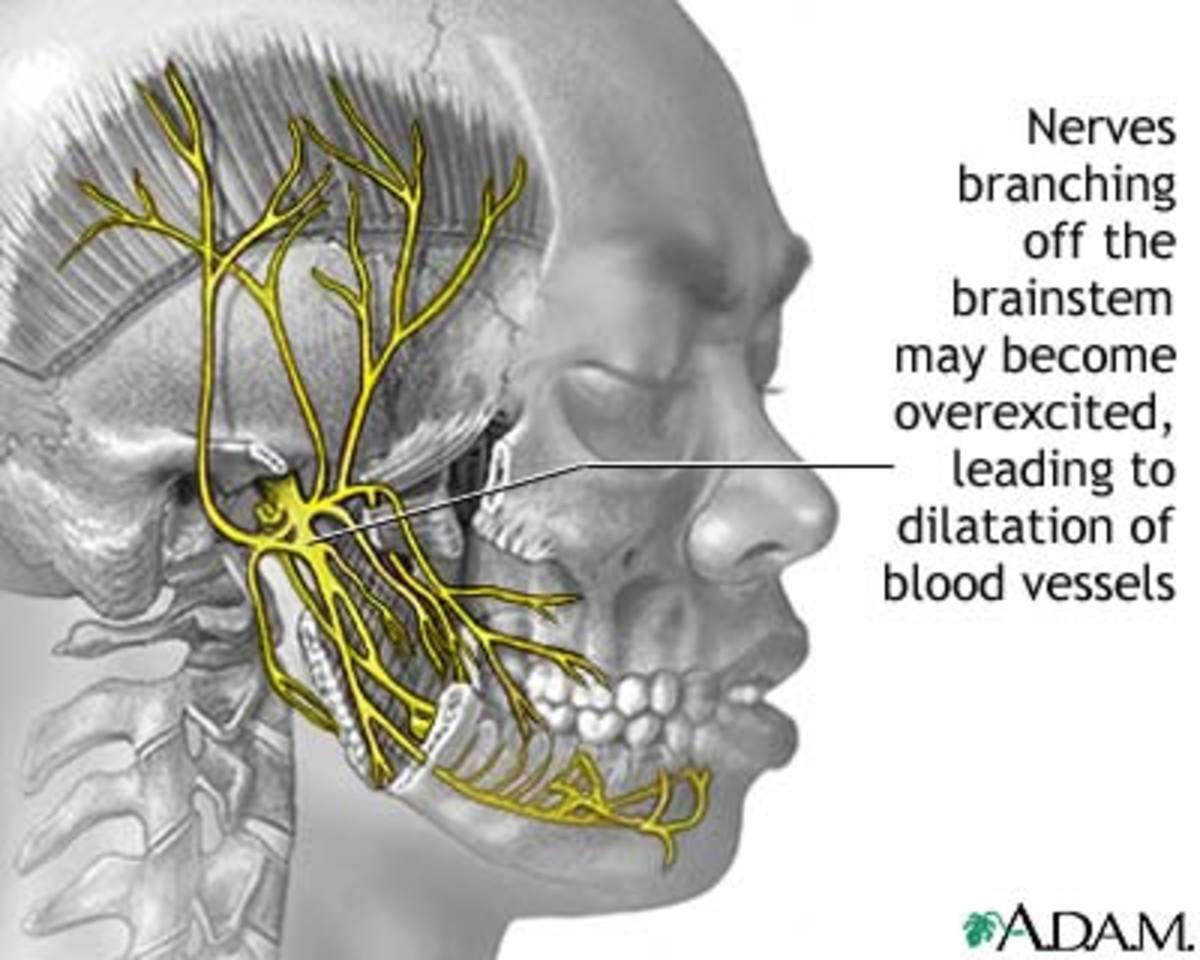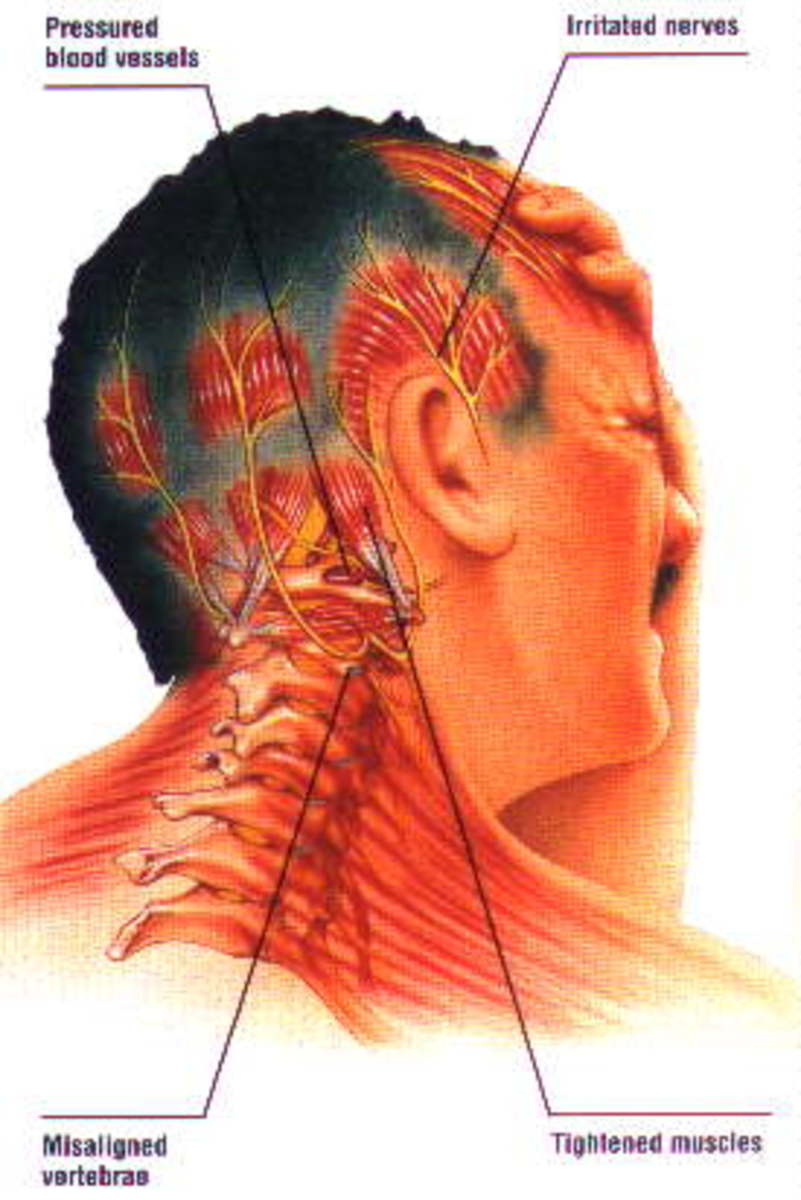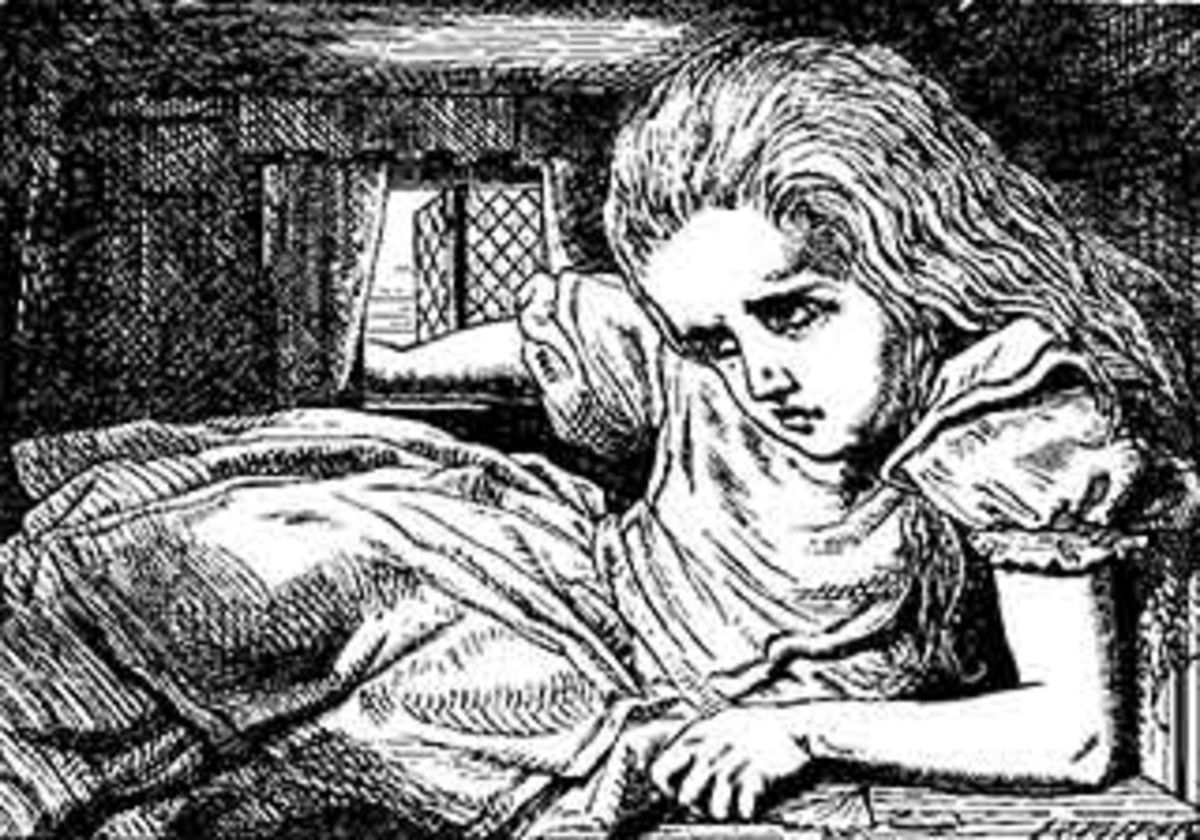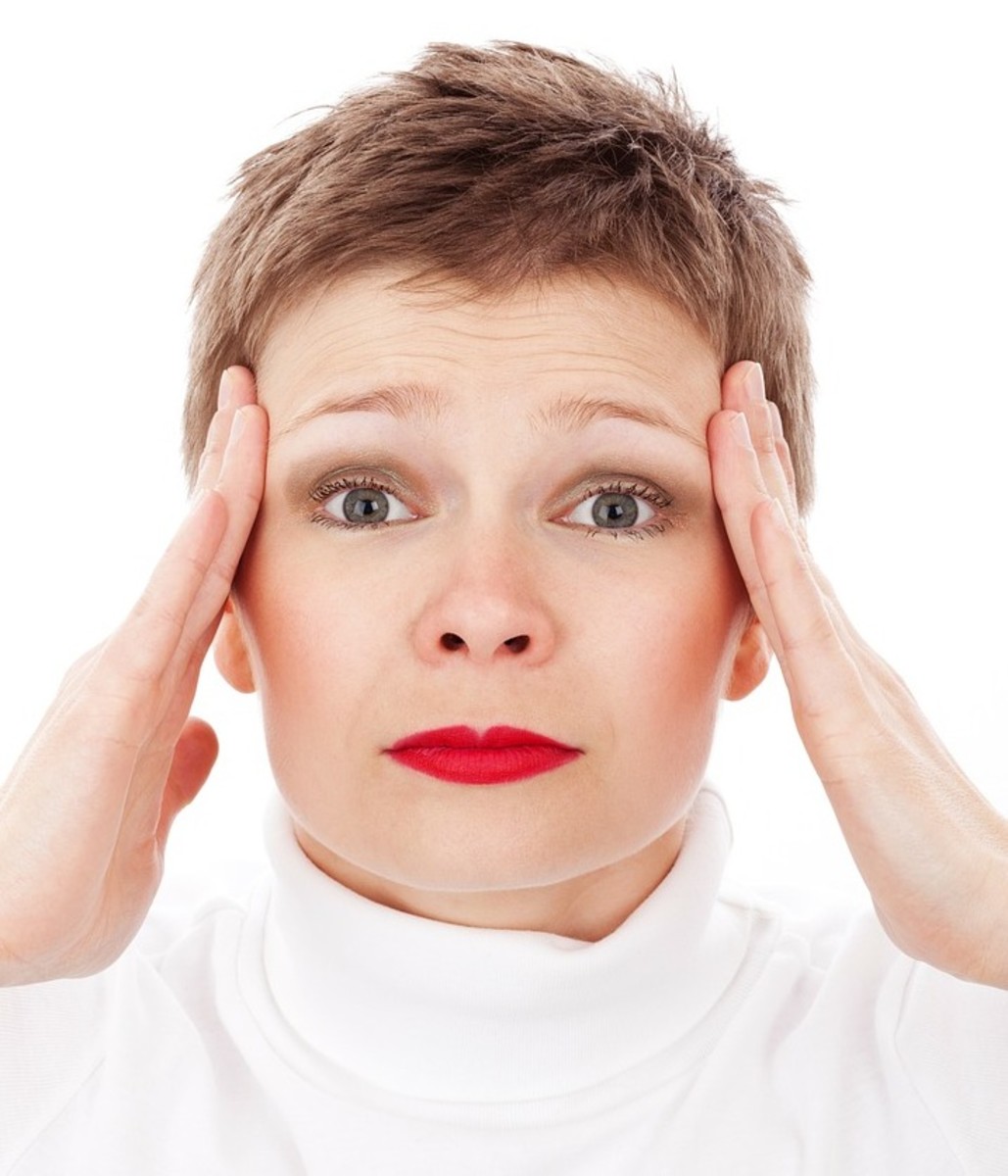Three Foods to Avoid If You Suffer From Migraine Headaches
As many migraine sufferers already know, a migraine is more than "just a headache." It's a debilitating neurological disease characterized by a moderate to severe headache and is accompanied by nausea, vomiting, and sensitivity to sound, light, and smell. According to the Migraine Research Foundation, 39 million men, women, and children in the US suffer from chronic migraine headaches.If you are one of the millions of migraine sufferers, you've probably tried numerous methods to treat and reduce the number of headaches. These treatments can range from pharmaceutical medications, to massage therapy and chiropractors. Another way to reduce the number of migraine attacks is to initiate lifestyle changes, such as diet and exercise. If you suffer from migraines, you should avoid these certain foods that may trigger migraines.
1. Alcohol:
Do you sometimes enjoy the occasional glass of wine with your dinner, or maybe enjoy relaxing with friends at the local bar on weekends? If you answered yes to both and also experience migraine headaches, you may want to consider taking alcohol off of your list of indulgences. According to the American Migraine Foundation, ongoing research suggests that some components found in wine and other alcoholic beverages, such as tyramine and sulfites, may be migraine triggers.
Another theory states that histamine, which is found in alcohol, as well as in aged cheese, sausages, and salami, may also be a possible migraine trigger, as it causes inflammation. Research is still ongoing on whether these ingredients are the main culprits behind migraine attacks. But either way, too much consumption of alcohol can cause hangovers with nasty headaches the morning after. If you find yourself experiencing this, or a headache after drinking wine or cocktail, it's probably best to avoid alcohol altogether.
2. Consider Some Fruits and Veggies
When it comes to life as a migraine sufferer, not all fruits and vegetables are created equal. Some fruits and veggies contain components that can trigger a migraine. According to the Association of Migraine Disorders, migraine sufferers should avoid or reduce the consumption of bananas, citrus and acidic fruits such as oranges and lemons, raspberries, tomatoes and any fruits preserved with sulfites. Sufferers should also be cautious when eating onions, sauerkraut, any beans such as navy beans and lima beans, or boxed potatoes (instant mash potatoes, for instance).
However, everyone is different. There isn't always a straightforward answer as to what foods are safe to eat or what can trigger a migraine attack. The best way to know your body is through trial and error. If you find yourself with a pounding headache after eating an orange, that should be evidence enough that your body cannot tolerate this fruit. In the meantime, it's best to keep a supply of migraine safe foods in the house for when you do have an attack, because, as sufferers know, it's not what you want to eat when you have a migraine, it's what you can eat at the moment. The most common safe foods that won't trigger a headache include strawberries, apples, blueberries, fresh potatoes, plain rice, broccoli, and leafy greens such as lettuce and spinach. These are foods that have been found to reduce the risk of inflammation.
3. Coffee: Treatment or Trigger?
There is a debate on whether coffee can help to treat or even prevent migraines. After all, many migraine medications and over-the-counter medicines contain caffeine. Also, according to Harvard Health, coffee contains some anti-inflammatory components, so drinking a cup of joe may be a good remedy for bringing down the inflammation in the brain that is responsible for migraines.
However, some people may get headaches due to withdrawals symptoms of going without coffee. Also, people may experience headaches if they found that they are sensitive to coffee and other caffeinated drinks.
Once again, treatment for migraines is not a one-size-fit-all. What may work for one person may not work for another. This is the same for coffee. The best advice is to drink a cup of coffee. If you experience a headache after one cup, coffee may be a possible trigger, and it would be wise to avoid it in the future.
Migraine headaches can cause severe pain and discomfort that can impact your daily life. Fortunately, with the right diet, you can manage those symptoms and live a full, healthy life that is free from pain.

